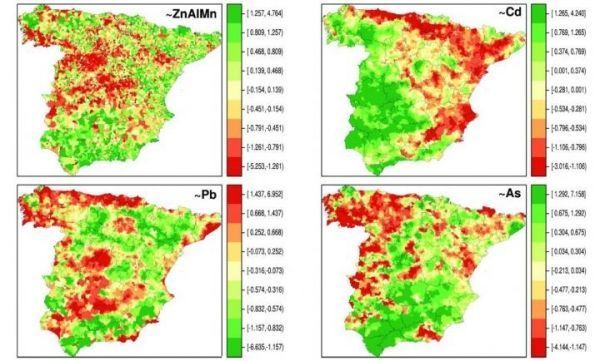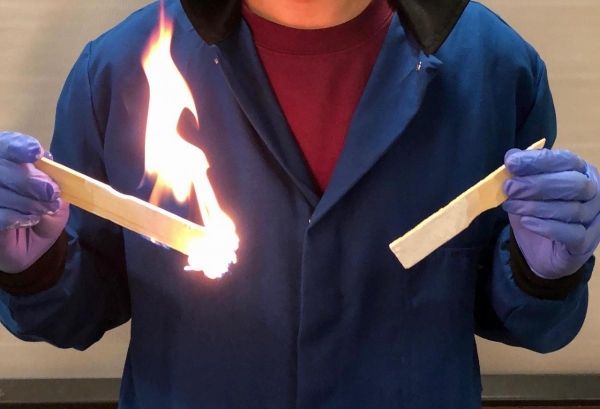Belly fat, even in people who are not otherwise overweight, is bad for the heart, according to results from the Mayo Clinic presented today at EuroPrevent 2018, a European Society of Cardiology congress.
articles
A Study Links Soil Metals with Cancer Mortality
Spanish epidemiologists and geologists have found associations between esophageal cancer and soils where lead is abundant, lung cancer and terrains with increased copper content, brain tumor with areas rich in arsenic, and bladder cancer with high cadmium levels. These statistical links do not indicate that there is a cause-effect relationship between soil type and cancer, but they suggest that the influence of metals from the earth's surface on the geographical distribution of tumors should be analyzed.
Colour us impressed
When it comes to paint, there are two main types people can chose from, latex or oil-based. But now, a new option has been developed at Queen’s University that promises a more environmentally-friendly choice.
Research Reveals Stronger People Have Healthier Brains
A study of nearly half a million people has revealed that muscular strength, measured by handgrip, is an indication of how healthy our brains are.
Researchers Show Robotic Milking Systems Can Detect Early Signs of Illness in Cows
Instead of waking up before dawn to milk cows manually, many dairy farmers now use robots to milk — and those robots do more than just milk cows. They can also provide valuable information about the animals’ overall health.
Faster Walking Heart Patients are Hospitalised Less
Faster walking patients with heart disease are hospitalised less, according to research presented today at EuroPrevent 2018, a European Society of Cardiology congress, and published in the European Journal of Preventive Cardiology.










